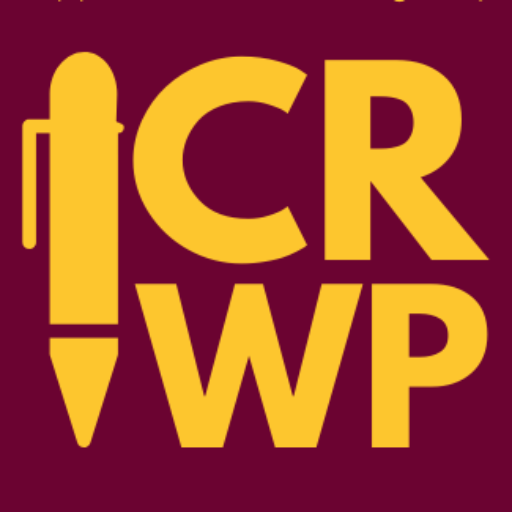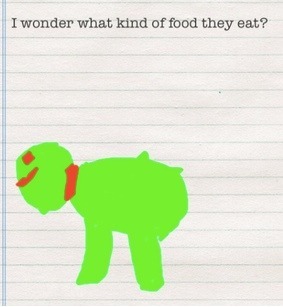
Anyone who teaches young children knows that when a parent walks into the classroom with a preserved alligator’s head, you have to drop everything you had planned to do and just go with it. That is exactly what happened in my first grade classroom last February. A student’s dad had been working in Louisiana since October; he was home for a visit and wanted to surprise his son with something special. Surprised we were! I quickly gathered the students into a circle and Vander let each student examine, touch and even hold his newly acquired treasure.
“What are you wondering?” I asked the students, and they immediately began to shout out questions. “Why is it black and not green?” “How many teeth does it have?” Is this a grown-up or a baby alligator?” I wasn’t surprised by their quick and diverse responses; I had been fostering inquiry all year. But I was a little surprised when Brianna said, “We should record these questions.” Without any direction from me, the students went to their cubbies, grabbed their iPads and began recording their questions in the I Wonder Books we had created with the app iDiary. The I Wonder Book is a practice, taken from Debbie Miller’s Book Reading With Meaning, in which you set aside time frequently for students to write down questions they have about the world. The goal of the practice is to foster curiosity and lay the groundwork for inquiry.

As I looked on, some children were drawing a picture to go along with their question, and others took a photo of the alligator head and included it on their page. In that moment, I realized that being curious and recording their questions digitally was no longer a classroom activity. Rather it had become a natural part of these students’ independent learning process.
As I reflected back on the spontaneous learning opportunity our surprise alligator provided, I realized that my students were beginning to develop the skills necessary to be literate in the 21st century. The Framework for Success in Postsecondary Writing, a framework developed collaboratively with representatives from the Council of Writing Program Administrators, the National Council of Teachers of English, and the National Writing Project, outlines the knowledge, skills and habits of mind needed for success in writing beyond high school. Curiosity is one of the habits of mind listed in the framework. Clearly, my students were beginning to develop that trait.
I didn’t know it at the time, but the alligator head would continue to help my students develop literacy skills throughout the next month. The questions the students generated that day unfolded into a shared inquiry project about the American Alligator that lasted for several weeks. In the next two blog posts, I will describe this inquiry project in order to illustrate the power of inquiry-based learning for developing 21st century literacy skills. Of course, following the students’ interest in alligators did mean that I had to set aside the unit on reading biographies that I had planned for February, but in the end it was worth the time spent. The project provided the students with many experiences and learning opportunities that fostered the development of the habits of mind and types of knowledge outlined in the Framework for Success for Postsecondary Writing. Who knew that teaching for 21st century success could be as easy as just going with it?

Tricia Clancy is a first grade teacher at Eastlawn Elementary in Midland, Michigan. She was a part of the CRWP Summer Institute in 2013 and now serves as a teacher consultant.

This work is licensed under a Creative Commons Attribution-NonCommercial-ShareAlike 4.0 International License.


Leave a Reply
You must be logged in to post a comment.